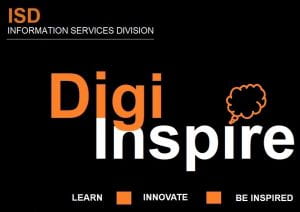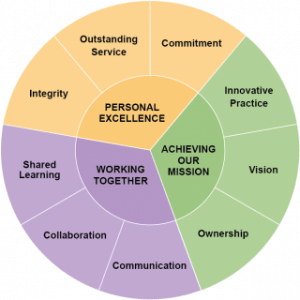Last week I had an opportunity to attend the 2018 Annual Convention of the Association for Slavic, East European, and Eurasian Studies (ASEEES) in Boston, Massachusetts. ASEEES is the leading international organization dedicated to the advancement of knowledge about Central Asia, the Caucasus, Russia, and Eastern Europe in regional and global contexts.

ASEEES convention.
It is one of the largest gathering of professionals (academics, librarians, publishers, etc.) working in the field of Eastern Europe and Eurasia in the world, so it was great opportunity to meet colleagues from a plethora of organisations, to exchange ideas, make new links, and discover new opportunities, and of course the right place to highlight our own work and achievements.

Round table The Global Encyclopedia of Informality: Towards Understanding of Social and Cultural Complexity at the 50th Annual ASEEES convention.
The convention lasted four days and was filled with panels and meetings. I was able to attend a number of panels, ranging from “Russian Imperial Cultural Heritage Abroad: 1917-1945”, chaired by Edward Kasinec from Columbia University, to “Copyright and Related Rights: A Look at the State of Play in Publishing, Music Licensing, and Broadcast Media” chaired by Janice T. Pilch, a library colleague from Rutgers, the State University of New Jersey. I found the panels, and especially the discussions that followed, to be very useful and informative. I also attended a UCL SSEES and UCL Press related event: round table “The Global Encyclopedia of Informality: Towards Understanding of Social and Cultural Complexity”, which was chaired by Elena Denisova-Schmidt from the University of St. Gallen and attended by Predrag Cveticanin from the University of Nis, as well as Eric D. Gordy, Michal Murawski and Alena Ledeneva, all from UCL SSEES.
Finally I participated in the roundtable panel: “Leveraging E-resources to Foster Access for Libraries”. The panel was chaired by Angela Cannon from the Library of Congress and my roundtable partners were: Liladhar R. Pendse from the University of California, Berkeley, Zina Somova from East View Information Services and Gudrun Wirtz from the Bavarian State Library. Among other issues we discussed how scholars researching Eastern Europe are using new publishing technologies and initiatives to disseminate their output and to reach new audiences. I used this opportunity to highlight research output related to Slavonic and East European studies/themes that can be accessed via UCL Press or UCL Discovery. Finally, at the ASEEES Committee on Libraries and Information Resource Membership Meeting, I provided a summary report on behalf of the Council for Slavonic and East European Library and Information Services (COSEELIS) of which UCL SSEES Library is a part.

The Harry Elkins Widener Memorial Library.
I also had an opportunity to visit the Widener Library, an important part of the Harvard College Libraries that is also home to Harvard’s Slavonic collections, where I met library colleagues working in the Slavonic section of the Widener Library.
The convention provided me with the opportunity to discuss some potential projects with colleagues. The project met with interest and offers of support from colleagues from Harvard Library, the Hoover Institute, the New York Public Library and the Bavarian State Library.
All in all I found my participation at the convention as very helpful and informative. Both the knowledge and professional contacts gained during the conference will be very useful in my work and future projects.

Boston. View from the Massachusetts Bridge.
 Close
Close











